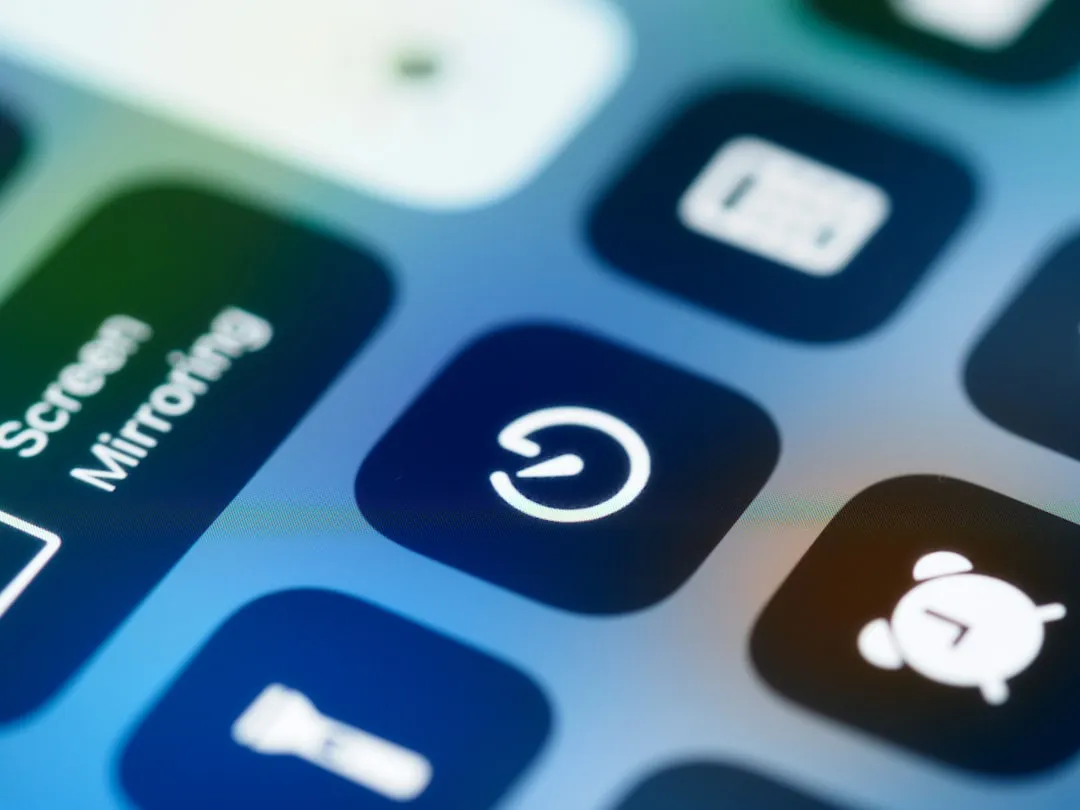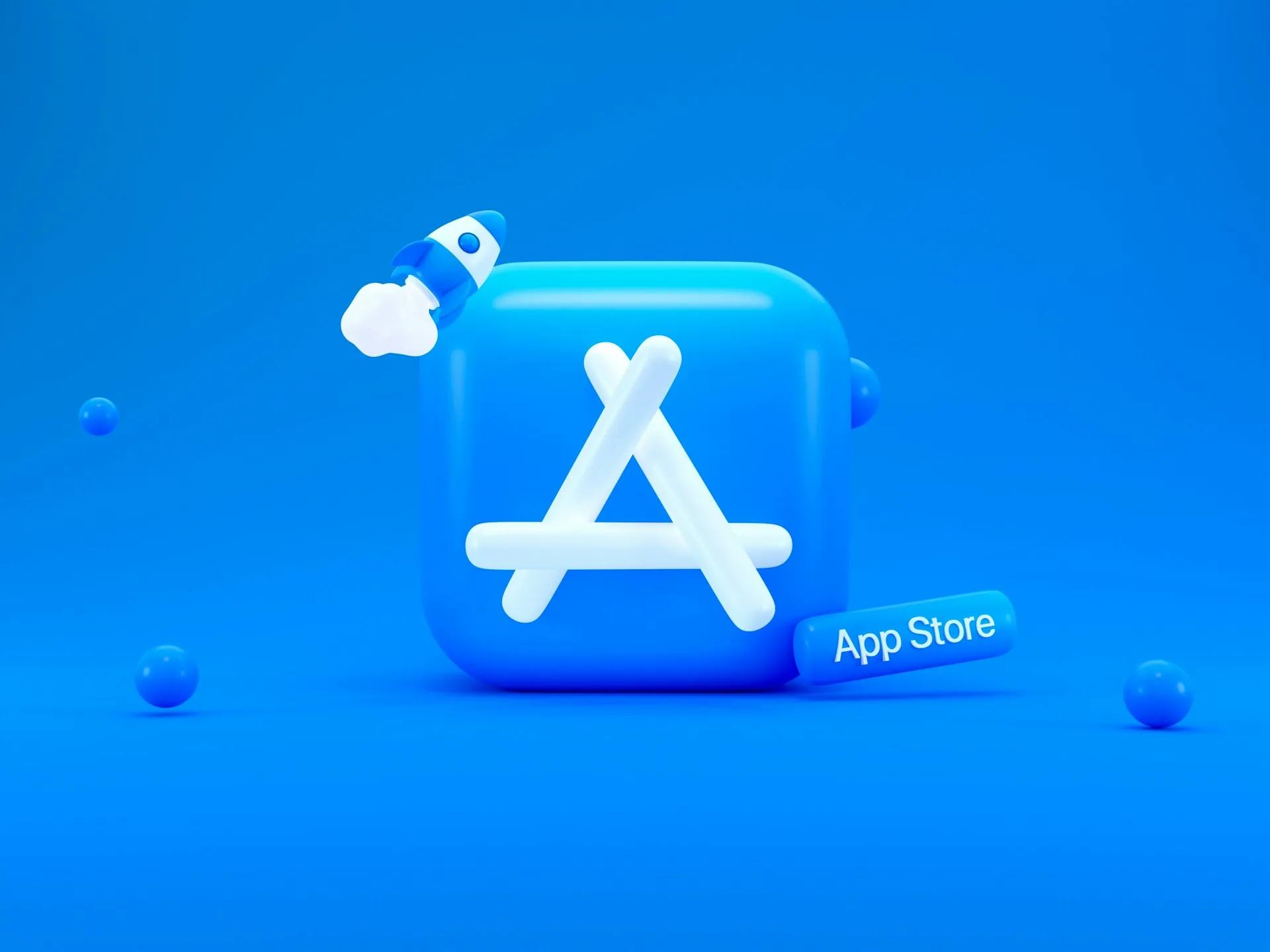You know that feeling when you unlock your phone and suddenly Apple Podcasts is open, showing you some random spirituality podcast from 2018 that you definitely didn't tap on? Well, turns out that's not just a quirky glitch—it's actually someone trying to hack you.
Over the past several months, users have been reporting some seriously strange behavior from Apple Podcasts across both iOS and Mac platforms. According to 404 Media, people are finding the app launching automatically and displaying religion, spirituality, and education podcasts with no apparent trigger. Sometimes you'll unlock your device and boom—there's the podcast app, presenting some bizarre show that's often years old but somehow surfacing now. What makes this particularly concerning is that these mystery podcast pages include links to potentially malicious websites designed to execute cross-site scripting attacks.
How the Apple Podcasts exploit actually works
The technical mechanics reveal just how vulnerable Apple's ecosystem can be to creative attack vectors. The Apple Podcasts app can be launched automatically with content of an attacker's choosing, and according to 404 Media, simply visiting a website is enough to trigger Podcasts to open and load a podcast selected by the attacker. Unlike other external app launches on macOS that require user approval, this particular exploit bypasses all security prompts entirely.
The malicious links hide in plain sight within the "Show Website" section of affected podcast pages. When you click these seemingly innocent links, they redirect to domains attempting cross-site scripting (XSS) attacks—essentially injecting malicious code into websites that otherwise look legitimate. Recent user reviews in the Podcasts app show growing awareness of this threat, with one reviewer noting just weeks ago: "Scam. How does Apple allow this attempted XSS attack?" These redirected sites, including domains like "test[.]ddv[.]in[.]ua," demonstrate how attackers can leverage Apple's trusted platform to distribute malicious content through seemingly innocent podcast listings.
Apple's ecosystem security under siege
What makes this podcast vulnerability particularly troubling is how it fits into Apple's broader security landscape, which has been under increasing pressure from sophisticated attacks. Recent security advisories reveal that multiple vulnerabilities across Apple products could enable arbitrary code execution, with successful exploitation potentially allowing attackers to install programs, modify data, or create new accounts with full user privileges, according to the Center for Internet Security. The scope affects devices running older versions of iOS, iPadOS, macOS, watchOS, tvOS, and visionOS, though fortunately no active exploitation has been reported in the wild.
Even more concerning are recently disclosed zero-click iMessage exploits that remained unpatched through multiple iOS versions. A strategic disclosure revealed vulnerabilities affecting iOS 18.2 through 18.4 that enabled Secure Enclave key theft, crypto wallet draining, and device-to-device propagation via MultipeerConnectivity, as reported in security research. Apple eventually addressed these issues quietly in iOS 18.4.1 without public acknowledgment, highlighting ongoing transparency concerns in vulnerability handling. The fact that these zero-click exploits could facilitate extraction of Secure Enclave-protected keys and enable silent crypto wallet draining demonstrates how sophisticated modern attacks have become against Apple's supposedly secure architecture.
What this means for your device security right now
The Podcasts vulnerability exposes fundamental weaknesses in Apple's security model that go beyond individual bugs. The fact that simply visiting a website can trigger the Podcasts app to launch with attacker-controlled content—without any user approval—reveals critical gaps in how Apple handles cross-application interactions and external triggers. This suggests that Apple's current threat modeling may not adequately account for abuse of legitimate app functionality, where trusted applications become unwitting attack vectors.
Users should remain vigilant about unexpected app launches and avoid clicking on links within podcast descriptions, especially from unfamiliar or suspiciously old content that appears without explanation. The ability of these exploits to bypass typical macOS security prompts indicates that attackers have found ways to weaponize the very trust relationships that make Apple's ecosystem convenient to use.
For now, keeping devices updated with the latest software versions remains the primary defense, as Apple has historically addressed these issues through system updates once they gain public attention. However, users should maintain healthy skepticism about unexpected system behavior, even from trusted Apple applications. PRO TIP: If you notice Podcasts (or any app) launching unexpectedly with content you didn't request, don't click on any links within those episodes and consider reporting the behavior to Apple.
The deeper challenge of platform security
The Apple Podcasts security issue reveals a fundamental challenge in modern platform security: preventing legitimate app functionality from being weaponized by malicious actors. While Apple continues to patch individual vulnerabilities as they surface, the pattern we're seeing—from podcast app hijacking to iMessage zero-clicks to CloudKit permission misconfigurations that could delete user data—suggests that the problem runs deeper than individual bugs.
The underlying issue appears to be that Apple's security model relies heavily on the assumption that trusted applications will only be used as intended. But attackers are increasingly creative at finding ways to abuse legitimate functionality, whether through CocoaPods supply chain attacks affecting iOS and macOS apps or exploiting trusted app-to-app communication channels like we see with the Podcasts vulnerability.
Bottom line: The days of assuming that Apple's walled garden provides complete protection are behind us. Users must balance trust in Apple's ecosystem with awareness that no platform is immune to creative exploitation techniques, making vigilant security practices more important than ever in our increasingly connected digital landscape.
























Comments
Be the first, drop a comment!